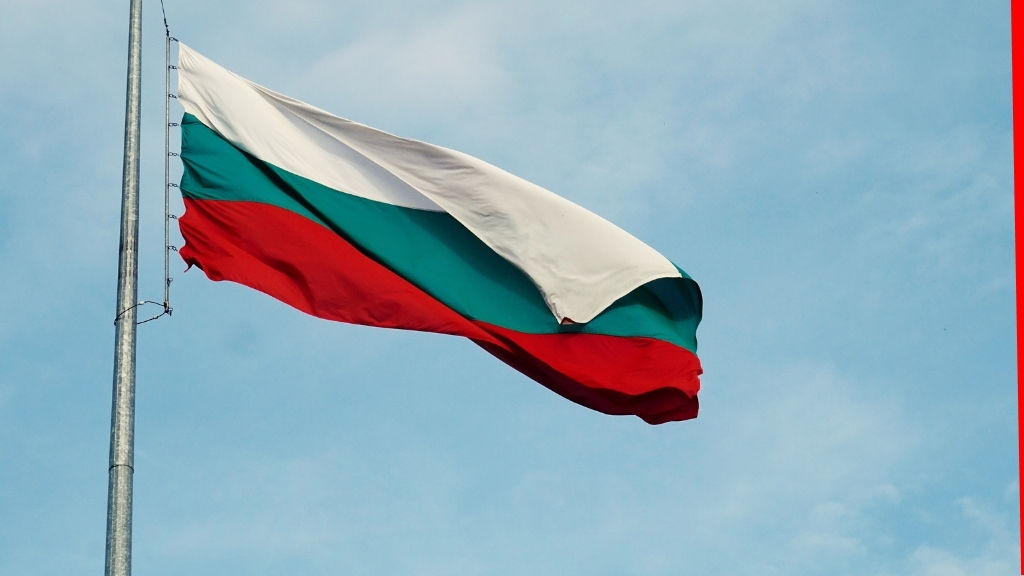
Since the beginning of the year, the Bulgarian National Revenue Agency (NRA) has intensified efforts to fight illegal online gambling within the country. More than 2,500 websites involved in unauthorised gambling activities have been blocked by the regulator. In just the last month, the NRA’s executive director issued around 640 orders to cease operations of unlicensed betting platforms operating in Bulgaria.
The NRA monitors the gambling landscape closely and enforces its rulings by requiring illegal websites to halt their activities within three days of the decision being published on its website. If the platforms remain accessible after this period, the NRA takes further action by notifying the courts. Subsequently, court orders compel internet service providers in Bulgaria to block access to these sites and their subdomains. The NRA’s official website hosts a constantly updated list of websites found to be operating without the required licences under the Gambling Act.
Bulgaria’s strict approach proves the government’s determination to regulate the gambling industry more closely, a decision that could be connected to its inclusion on the Financial Action Task Force (FATF) “greylist” as of 27 October 2023. The country is now striving to meet the necessary criteria to be removed from the list. With bans on advertising and a focus on limiting access to unauthorised gambling platforms, the country seems to be moving towards a more controlled gambling environment.
Bulgaria recently implemented a sweeping ban on advertising related to gambling activities. This decision, which came just before the national elections, was passed unanimously by the 49th National Assembly. The new regulations prohibit any form of gambling advertisement in print, radio, television, electronic media, and public spaces, with one notable exception: the state-run Bulgarian Sports Totalizator is allowed to continue promoting its games.
The rapid passage of this legislation followed strong opposition from various sectors, including gambling operators, media outlets, advertising agencies, and sports organisations. However, the government remained firm, citing concerns about public health and the need to curb problem gambling.
Advertising on billboards has also been restricted, with new rules specifying that such advertisements must not be located within 300 metres of schools, kindergartens, or universities. Additionally, gambling advertisements on billboards or other approved spaces must dedicate at least 10 percent of their area to warnings about the risks of addiction.
The law also targets gambling halls and casinos in smaller communities, banning such establishments in towns with fewer than 10,000 residents. These venues must close within three years, with exceptions granted to resorts and towns near border checkpoints.